24 Nutrient-Dense Foods That Provide More Energy Than Coffee
Coffee might kick-start your day—but what if you could fuel your energy without the jitters, crashes, or caffeine dependency? While that morning cup of joe feels like a lifesaver, it’s often a short-term fix for a long-term problem. True, sustained energy comes from what’s on your plate, not just what’s in your mug. That’s why we’ve expanded our list to 24 Nutrient-Dense Foods That Provide More Energy Than Coffee—a lineup of natural powerhouses that nourish your body, stabilize blood sugar, and sharpen your focus without the rollercoaster ride. These aren’t just “healthy” foods—they’re strategic sources of energy, loaded with vitamins, minerals, fiber, and slow-burning fuel. Whether you’re powering through a workout, a meeting, or a midday slump, these picks offer clean, reliable stamina that lasts. Ready to break up with caffeine crashes and fuel up with real nutrition? Let’s dig in—your all-day energy upgrade starts here.
1. Bananas: Nature’s Energy Bar
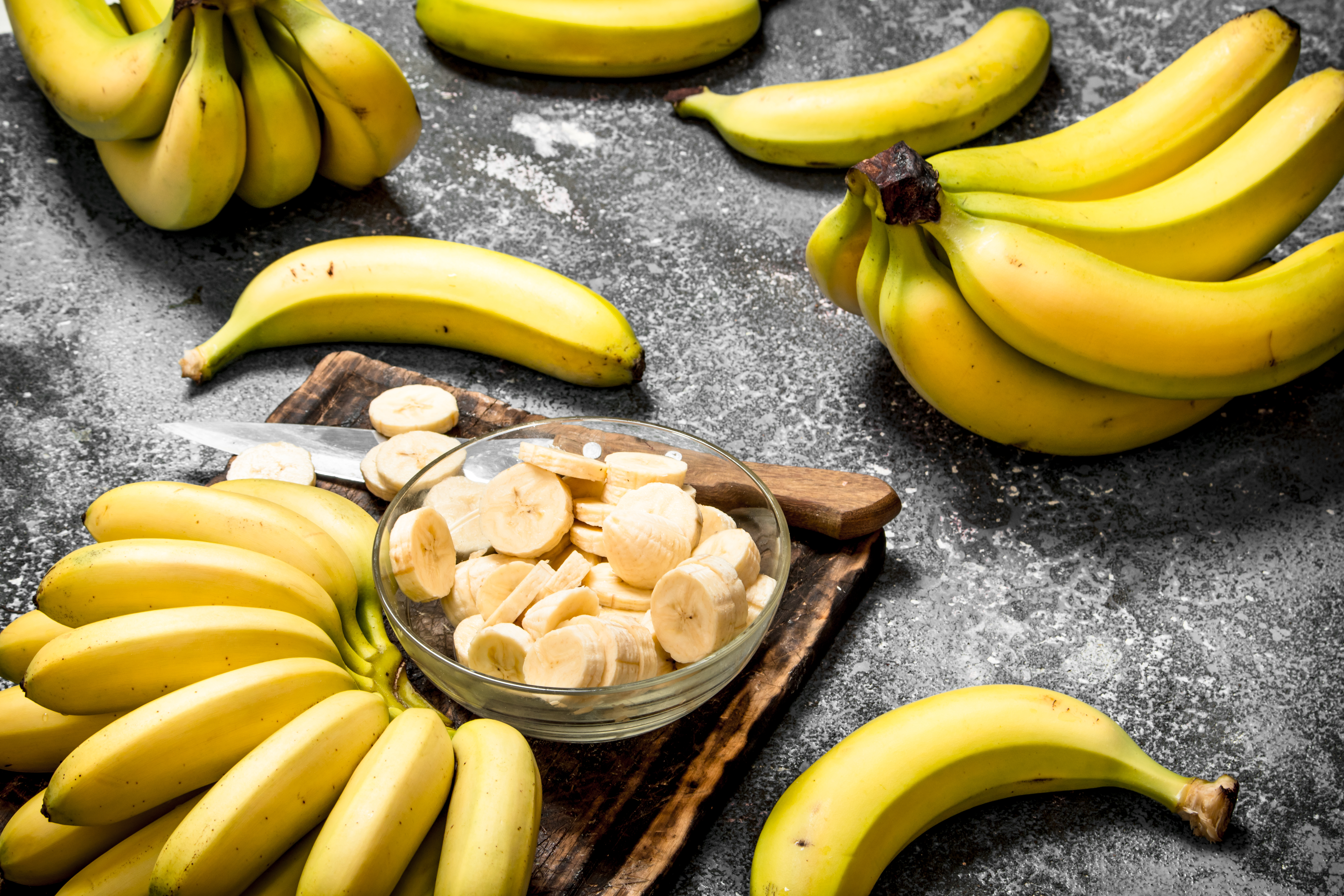
Bananas are often hailed as nature's energy bar, and for a good reason. Packed with carbohydrates, primarily in the form of natural sugars and fiber, bananas provide a quick yet sustained energy boost. The fiber content helps slow the digestion of sugar, preventing blood sugar spikes and crashes. Moreover, bananas are rich in potassium, a mineral that aids in muscle function and helps prevent cramps, making them an ideal snack for athletes and active individuals. The presence of vitamin B6 in bananas also supports neurotransmitter synthesis, enhancing mood and reducing fatigue. Eating a banana before a workout or during a mid-afternoon slump can provide the perfect pick-me-up.
2. Oats: A Slow-Release Energy Source
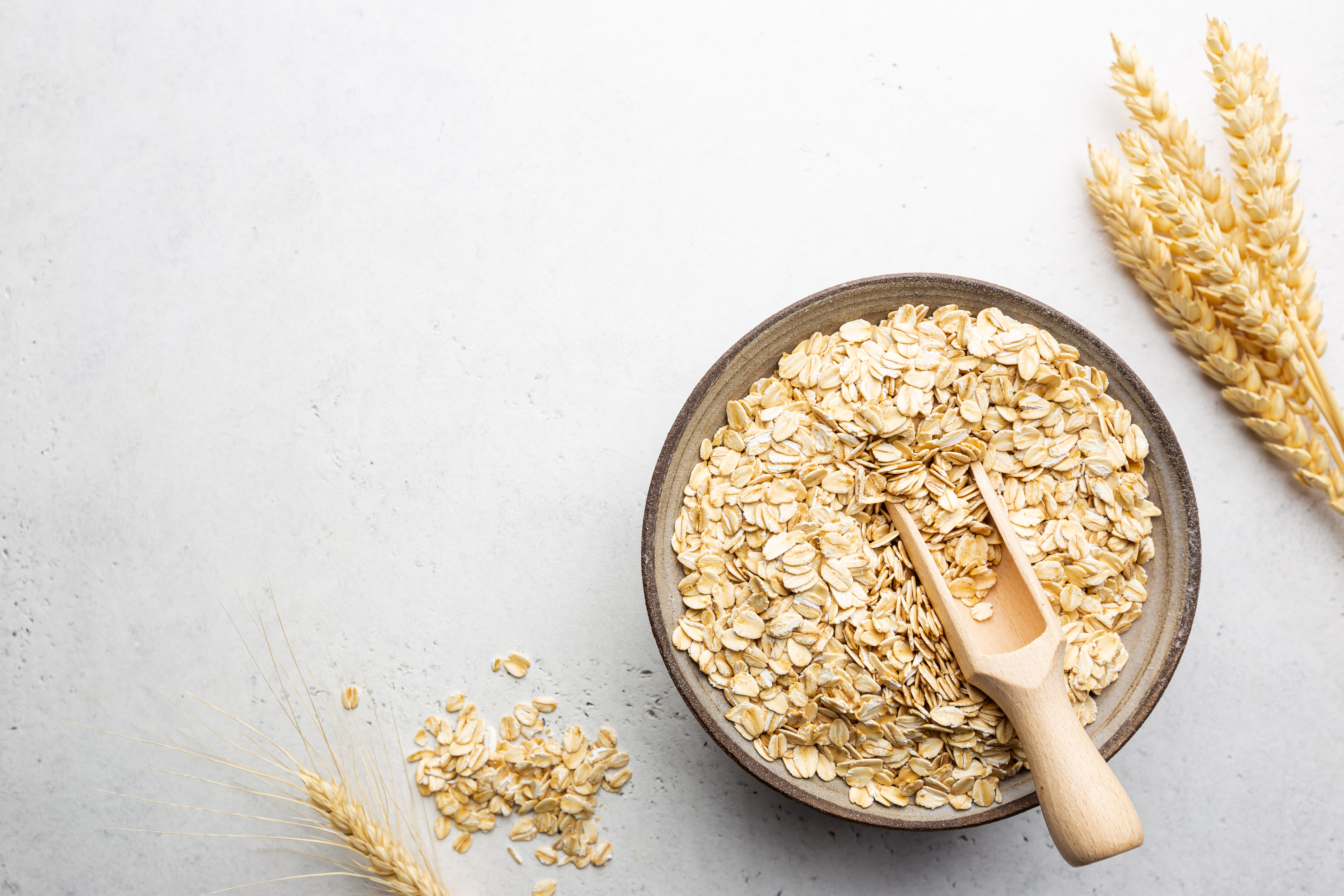
Oats are a staple breakfast food known for their slow-digesting carbohydrates, which provide a prolonged energy release. Rich in beta-glucan, a type of soluble fiber, oats help maintain stable blood sugar levels, keeping you energized and focused for hours. They are also a good source of essential vitamins and minerals, such as manganese, phosphorus, magnesium, and iron, which are vital for energy production and metabolism. Incorporating oats into your morning routine, whether as oatmeal, overnight oats, or in smoothies, can set a solid foundation for a productive day. The versatility of oats allows them to be paired with other energy-boosting foods like fruits, nuts, and seeds, enhancing their nutritional value.
3. Almonds: Nutrient-Dense Powerhouses
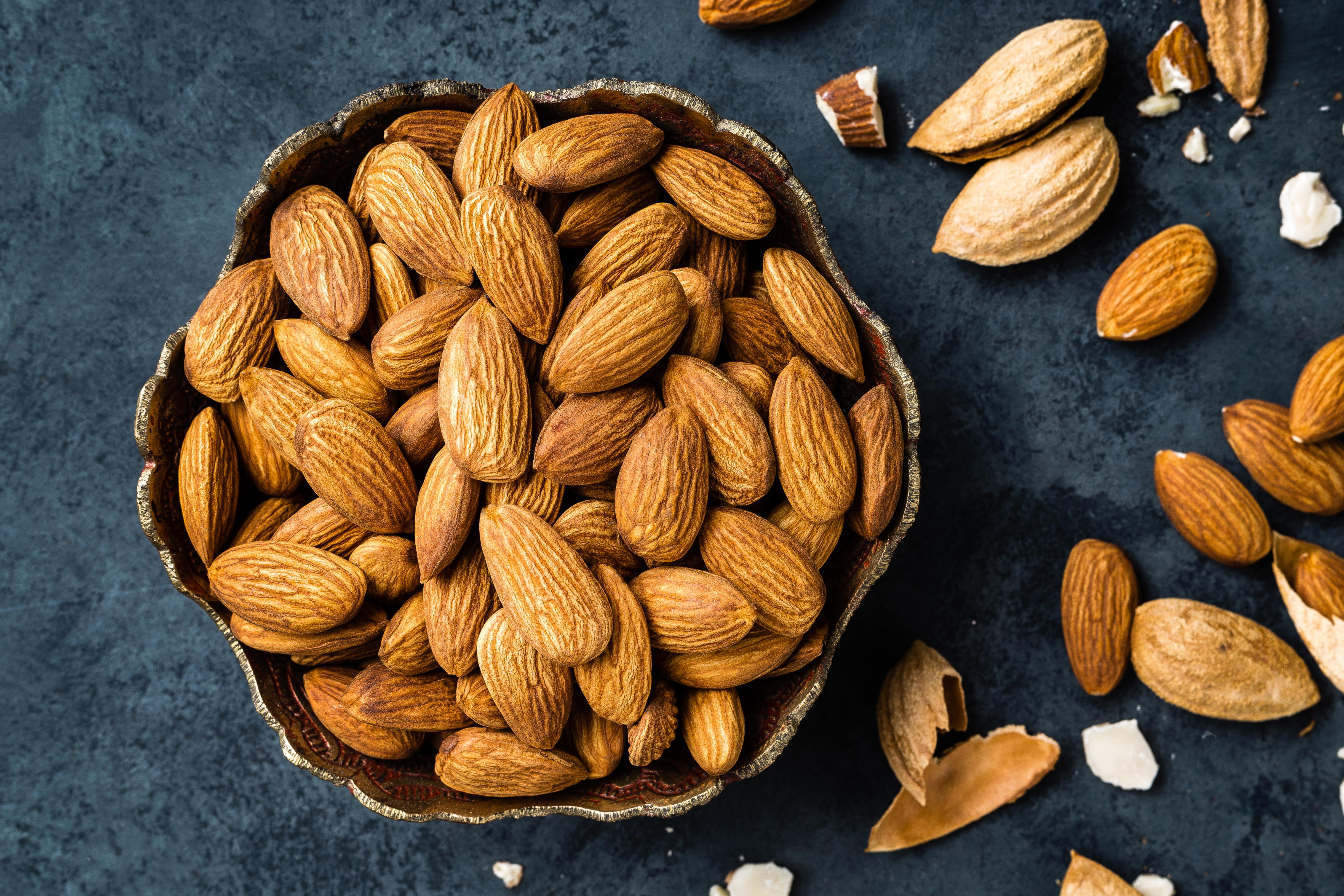
Almonds are a nutrient-dense snack that packs a powerful energy punch. Rich in healthy fats, protein, and fiber, almonds provide a balanced source of energy that sustains you throughout the day. The monounsaturated fats in almonds are heart-healthy and help reduce inflammation, while the protein content aids in muscle repair and growth. Almonds are also an excellent source of vitamin E, an antioxidant that protects cells from oxidative stress, and magnesium, which plays a critical role in energy metabolism and muscle function. A handful of almonds can be a convenient and satisfying snack that keeps you going between meals.
4. Quinoa: The Complete Protein
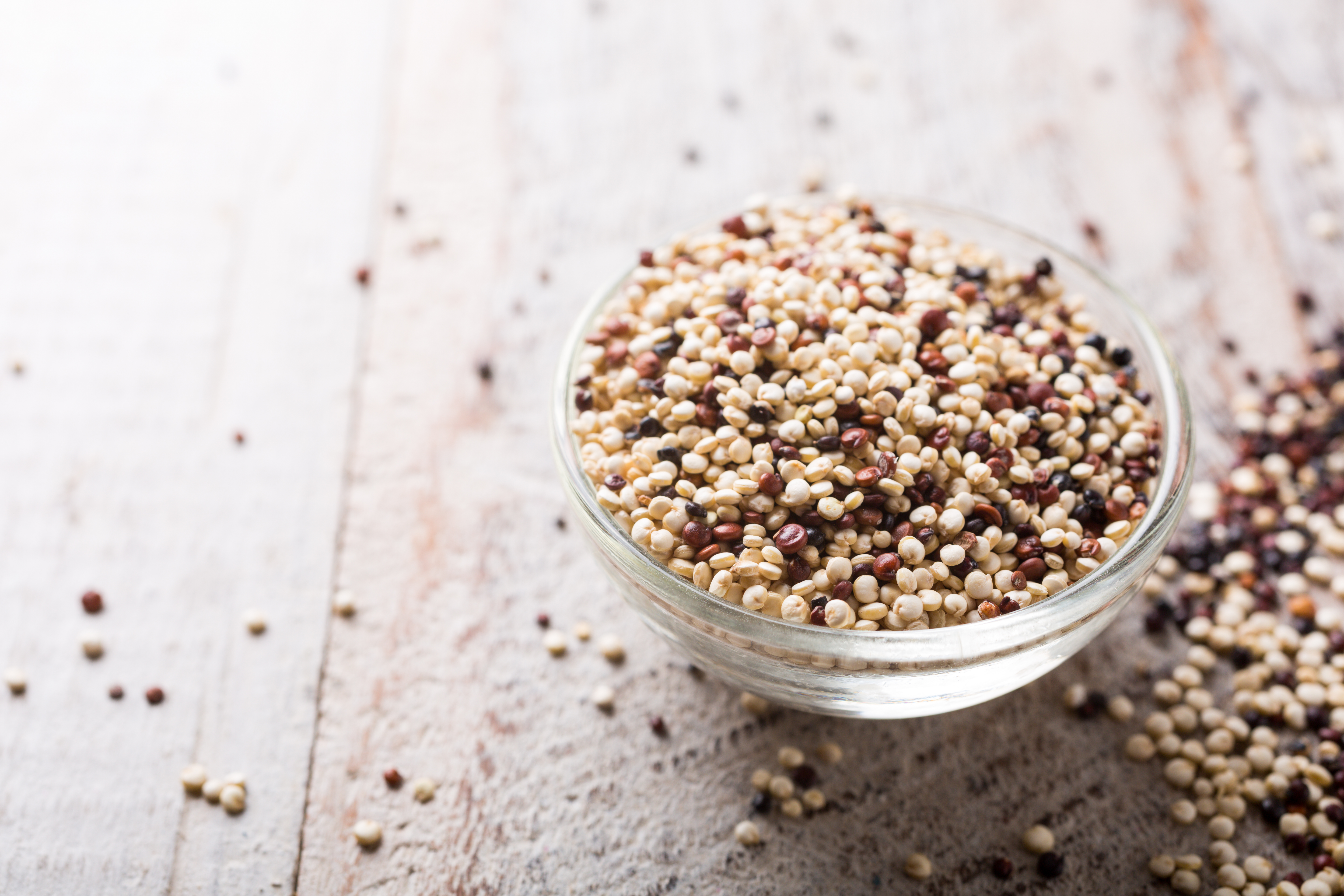
Quinoa is often regarded as a superfood, thanks to its unique nutrient profile. Unlike most plant-based foods, quinoa is a complete protein, meaning it contains all nine essential amino acids that the body cannot produce on its own. This makes it an excellent energy source for vegetarians and vegans. Quinoa is also high in fiber, which aids in digestion and provides a steady release of energy. Rich in iron and magnesium, quinoa supports oxygen transport and energy production at the cellular level. Whether used as a base for salads, as a side dish, or in breakfast bowls, quinoa is a versatile ingredient that can enhance your diet and energy levels.
5. Sweet Potatoes: The Complex Carbohydrate

Sweet potatoes are a delicious and nutritious source of complex carbohydrates, providing long-lasting energy without the sugar crash. Their high fiber content slows digestion, ensuring a gradual release of glucose into the bloodstream. Sweet potatoes are also rich in beta-carotene, an antioxidant that supports immune function and skin health. Additionally, they contain vitamins C and B6, which are essential for energy production and brain health. Roasted, mashed, or baked, sweet potatoes can be incorporated into various meals, offering a sweet and satisfying way to boost your energy naturally.
6. Spinach: The Iron-Rich Leafy Green
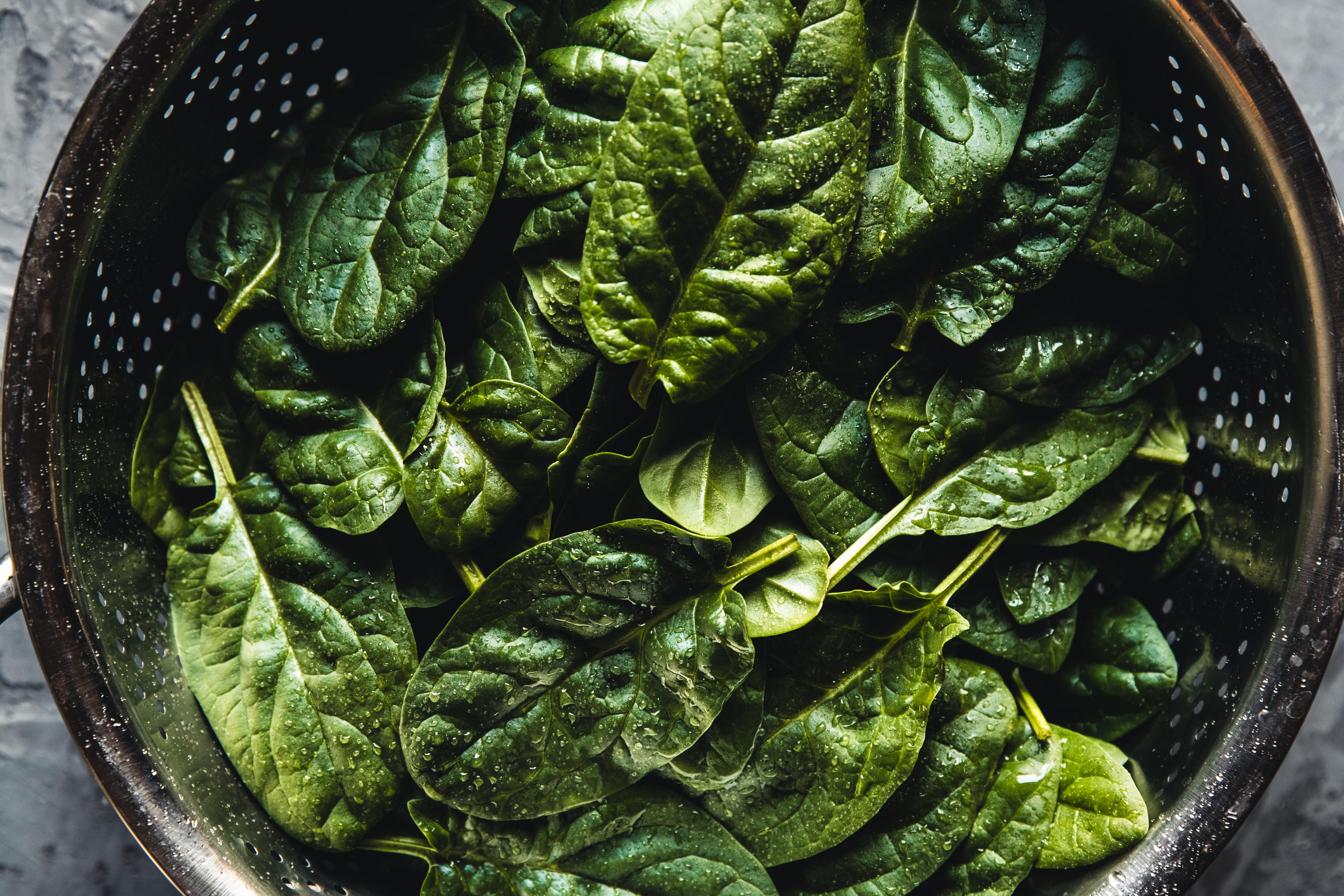
Spinach is a leafy green powerhouse known for its high iron content, which is crucial for maintaining energy levels. Iron is a key component of hemoglobin, the protein in red blood cells responsible for transporting oxygen throughout the body. Without adequate iron, you may experience fatigue and decreased stamina. Spinach is also rich in magnesium, which supports muscle function and energy metabolism, and folate, which aids in the production of red blood cells. Incorporating spinach into your diet, whether in salads, smoothies, or cooked dishes, can help combat fatigue and enhance overall vitality.
7. Chia Seeds: Tiny but Mighty
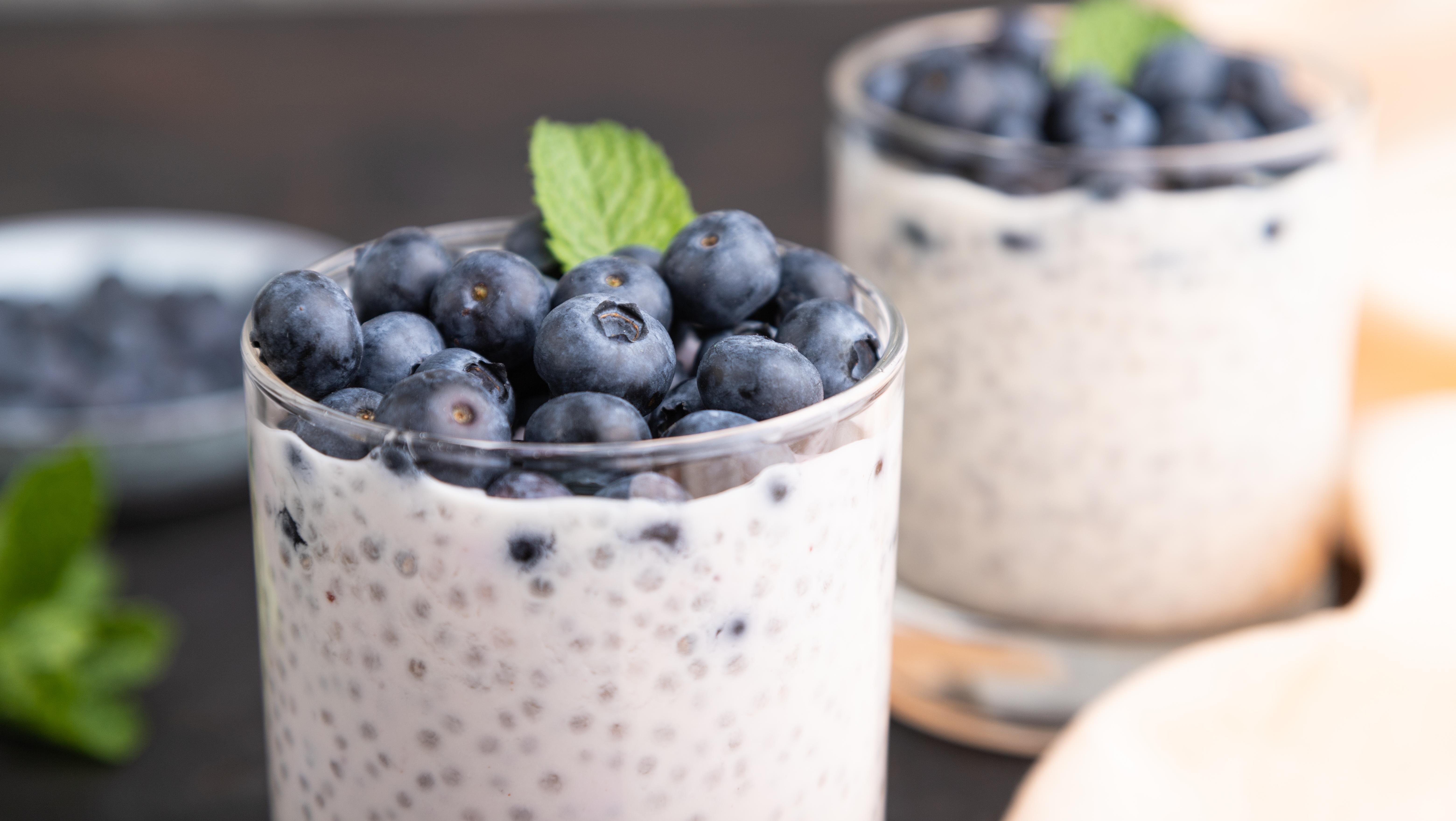
Chia seeds may be small, but they are packed with nutrients that provide a significant energy boost. Rich in omega-3 fatty acids, fiber, and protein, chia seeds offer a balanced source of energy that sustains you throughout the day. The high fiber content helps regulate blood sugar levels, while the omega-3s support brain health and reduce inflammation. Chia seeds also absorb liquid and expand, creating a gel-like substance that promotes satiety and hydration. Adding chia seeds to smoothies, yogurt, or oatmeal can enhance their nutritional value and keep you energized for longer periods.
8. Greek Yogurt: Protein-Packed and Probiotic-Rich
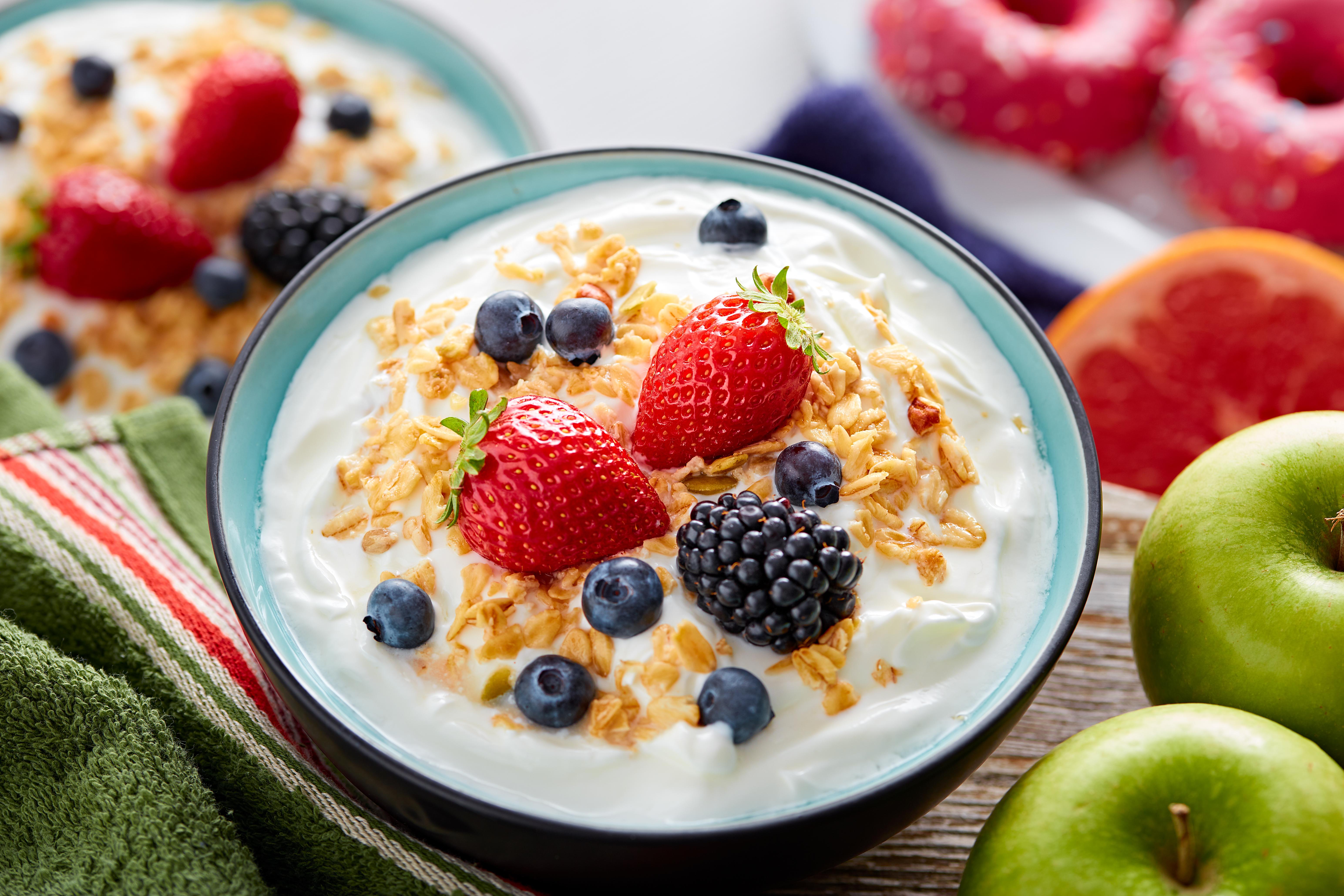
Greek yogurt is a creamy and delicious source of protein, providing a quick and sustained energy boost. The high protein content helps stabilize blood sugar levels and promotes muscle repair and growth. Greek yogurt is also rich in probiotics, beneficial bacteria that support gut health and digestion. A healthy gut is essential for efficient nutrient absorption and energy production. Additionally, Greek yogurt contains calcium and vitamin B12, which are important for bone health and energy metabolism. Enjoying Greek yogurt with fresh fruit, nuts, or honey can create a balanced and satisfying snack that keeps you fueled throughout the day.
9. Lentils: The Legume with Lasting Energy
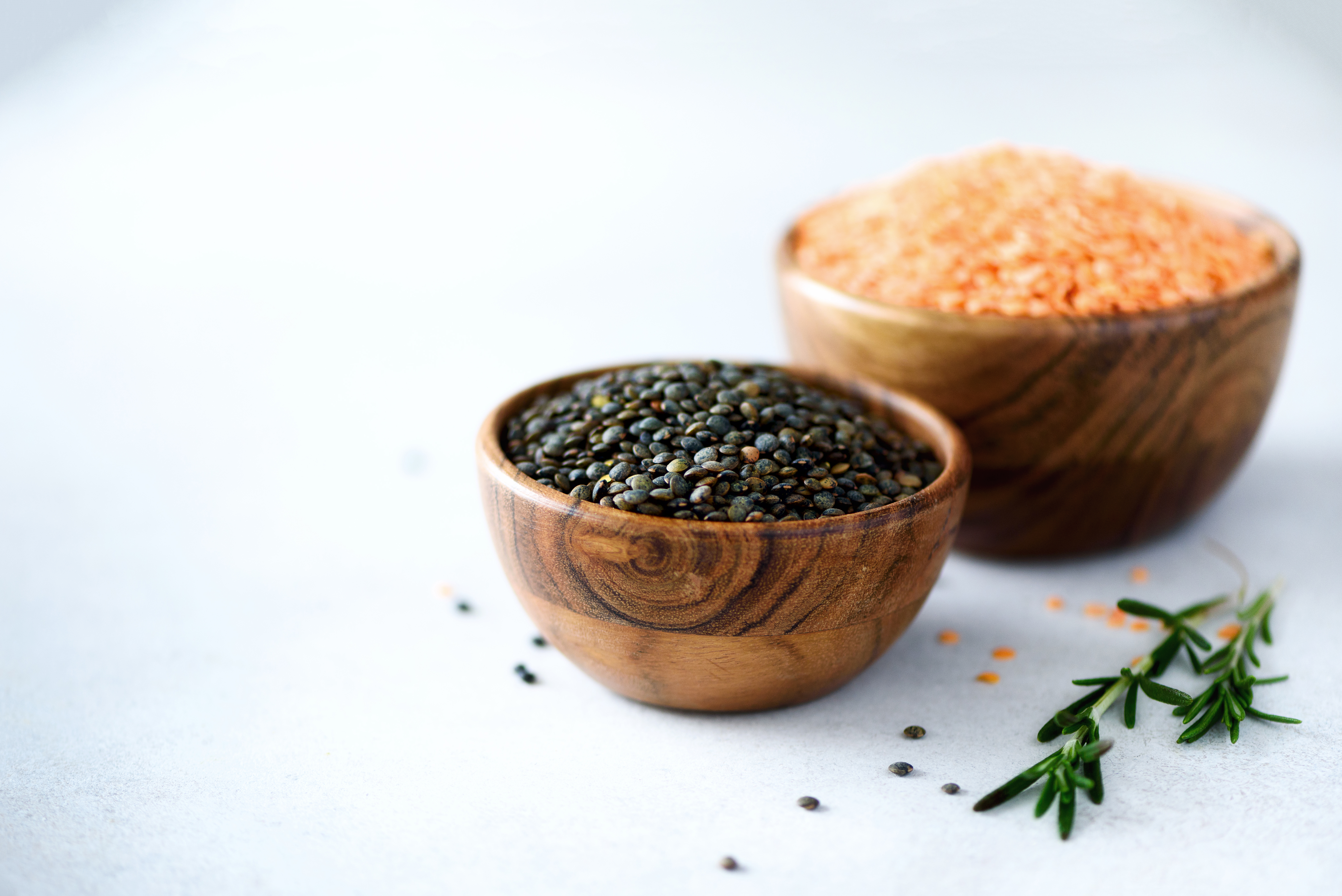
Lentils are a versatile and nutrient-rich legume that provides a steady source of energy. High in complex carbohydrates and fiber, lentils help maintain stable blood sugar levels and promote a feeling of fullness. They are also an excellent source of plant-based protein, making them a valuable addition to vegetarian and vegan diets. Lentils are rich in iron, folate, and magnesium, nutrients that support energy production and overall health. Whether used in soups, stews, or salads, lentils offer a hearty and satisfying way to boost your energy naturally.
10. Brown Rice: The Whole Grain Advantage
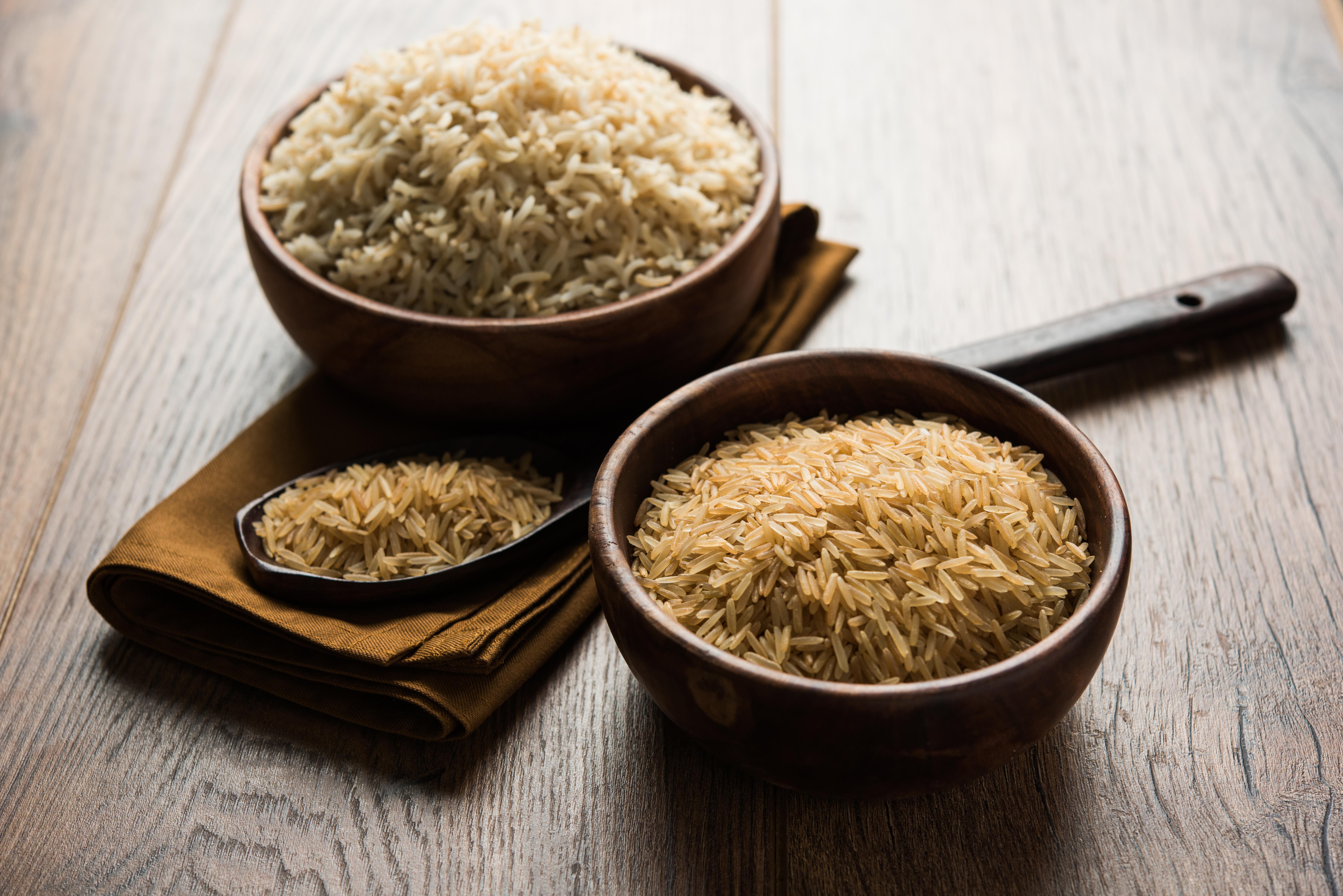
Brown rice is a whole grain that provides a steady source of energy due to its complex carbohydrates and fiber content. Unlike white rice, brown rice retains its bran and germ, which are rich in nutrients like B vitamins, magnesium, and phosphorus. These nutrients play a crucial role in energy metabolism and maintaining healthy nerve function. Brown rice is also a good source of manganese, a mineral that helps produce energy from carbohydrates and protein. Incorporating brown rice into your meals as a side dish or base for stir-fries and grain bowls can provide a nutritious and energy-boosting option.
11. Berries: Antioxidant-Rich Energy Boosters
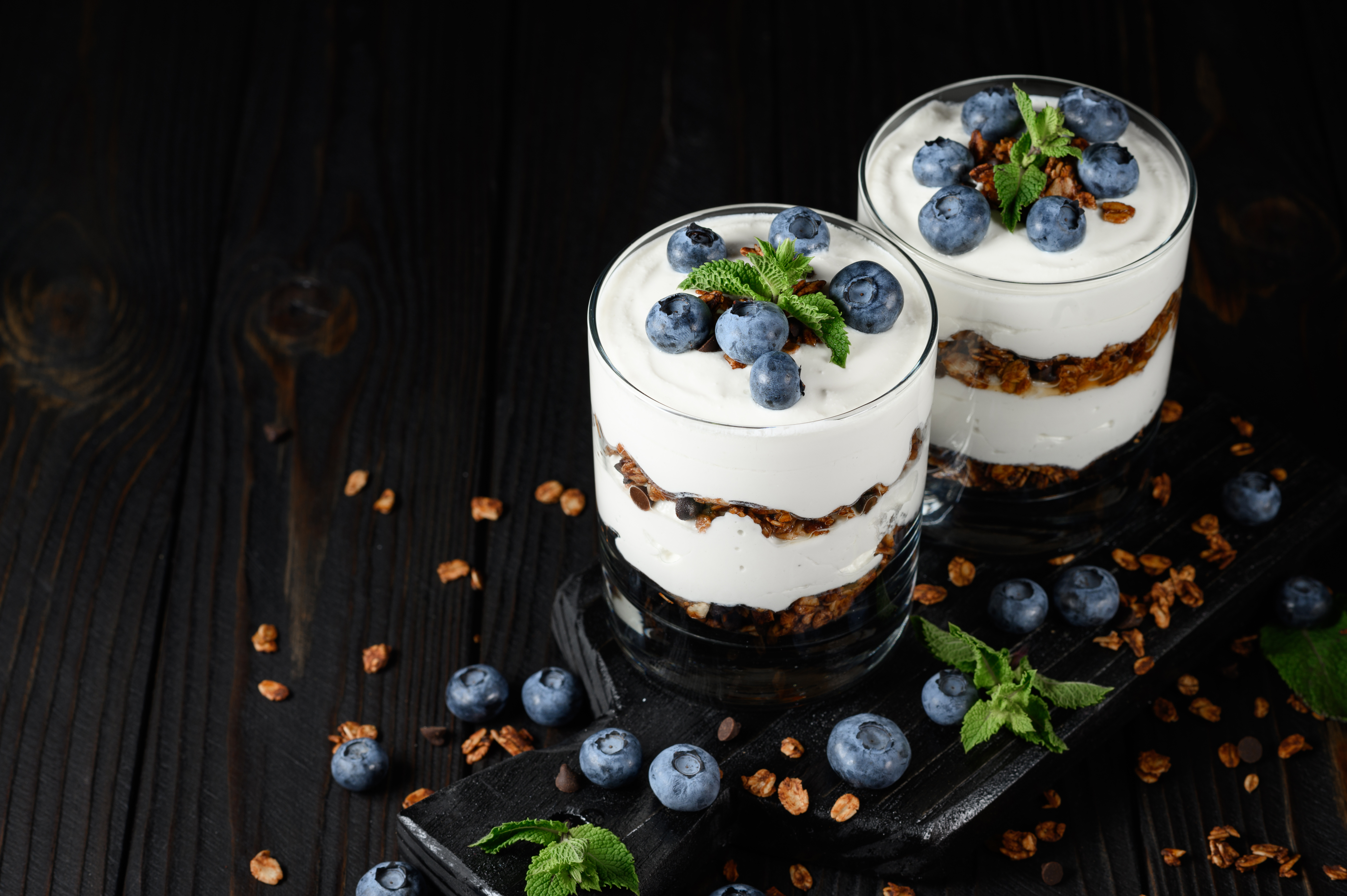
Berries, such as blueberries, strawberries, and raspberries, are not only delicious but also packed with antioxidants that boost energy levels and overall health. These antioxidants, including vitamin C and flavonoids, help reduce oxidative stress and inflammation, supporting optimal cellular function. Berries are also a good source of fiber, which aids in digestion and provides a steady release of energy. Their natural sugars offer a quick energy boost without the crash associated with processed sugars. Adding berries to your breakfast, snacks, or desserts can enhance their nutritional value and provide a refreshing and energizing treat.
12. Avocado: The Healthy Fat Source
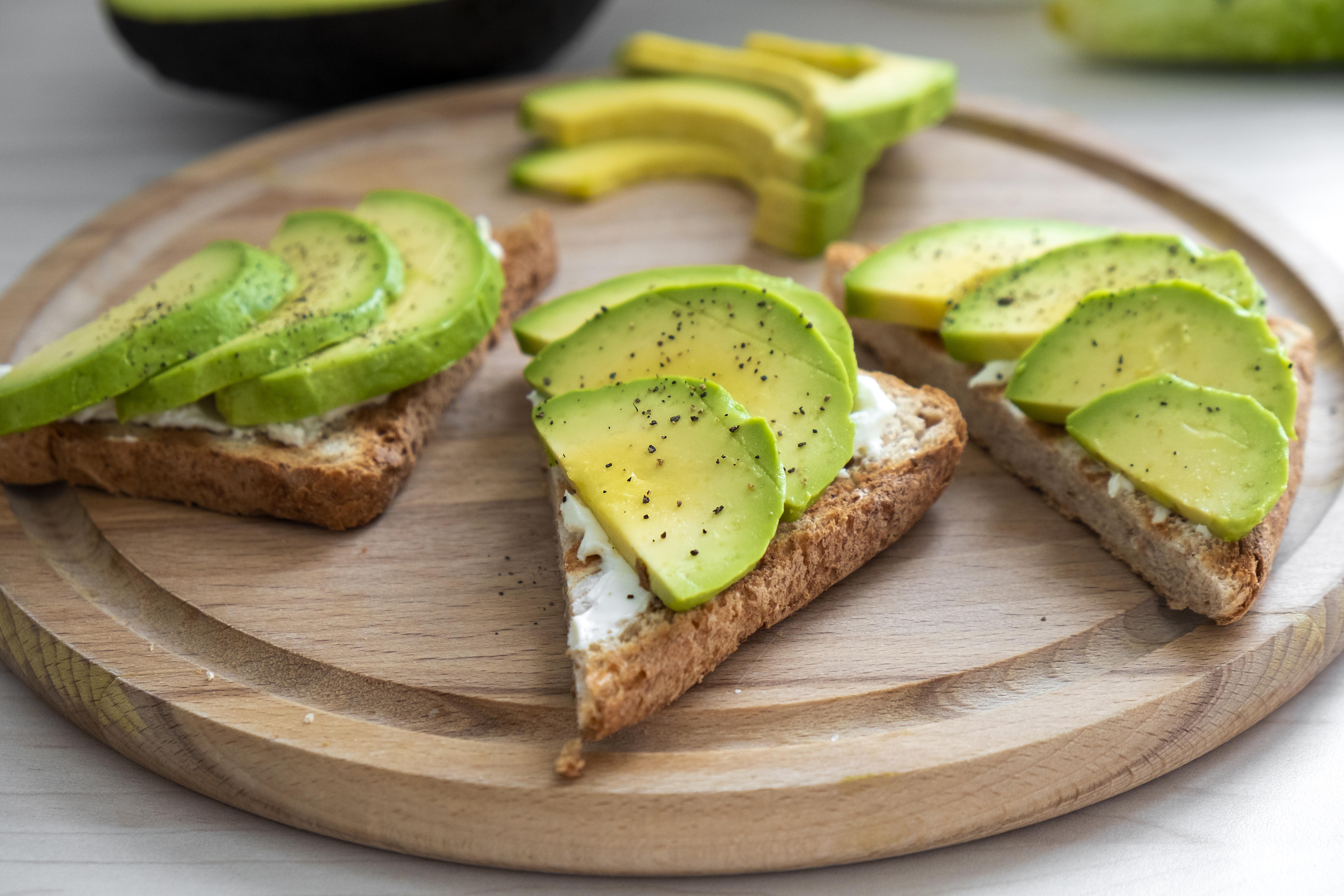
Avocados are a unique fruit known for their creamy texture and healthy fat content. Rich in monounsaturated fats, avocados provide a slow and steady source of energy that keeps you satiated and focused. These healthy fats also support brain health and reduce inflammation. Avocados are packed with vitamins and minerals, including potassium, vitamin E, and B vitamins, which are essential for energy production and overall well-being. Whether sliced on toast, blended into smoothies, or added to salads, avocados offer a versatile and nutritious way to boost your energy naturally.
13. Dark Chocolate: A Sweet Energy Treat
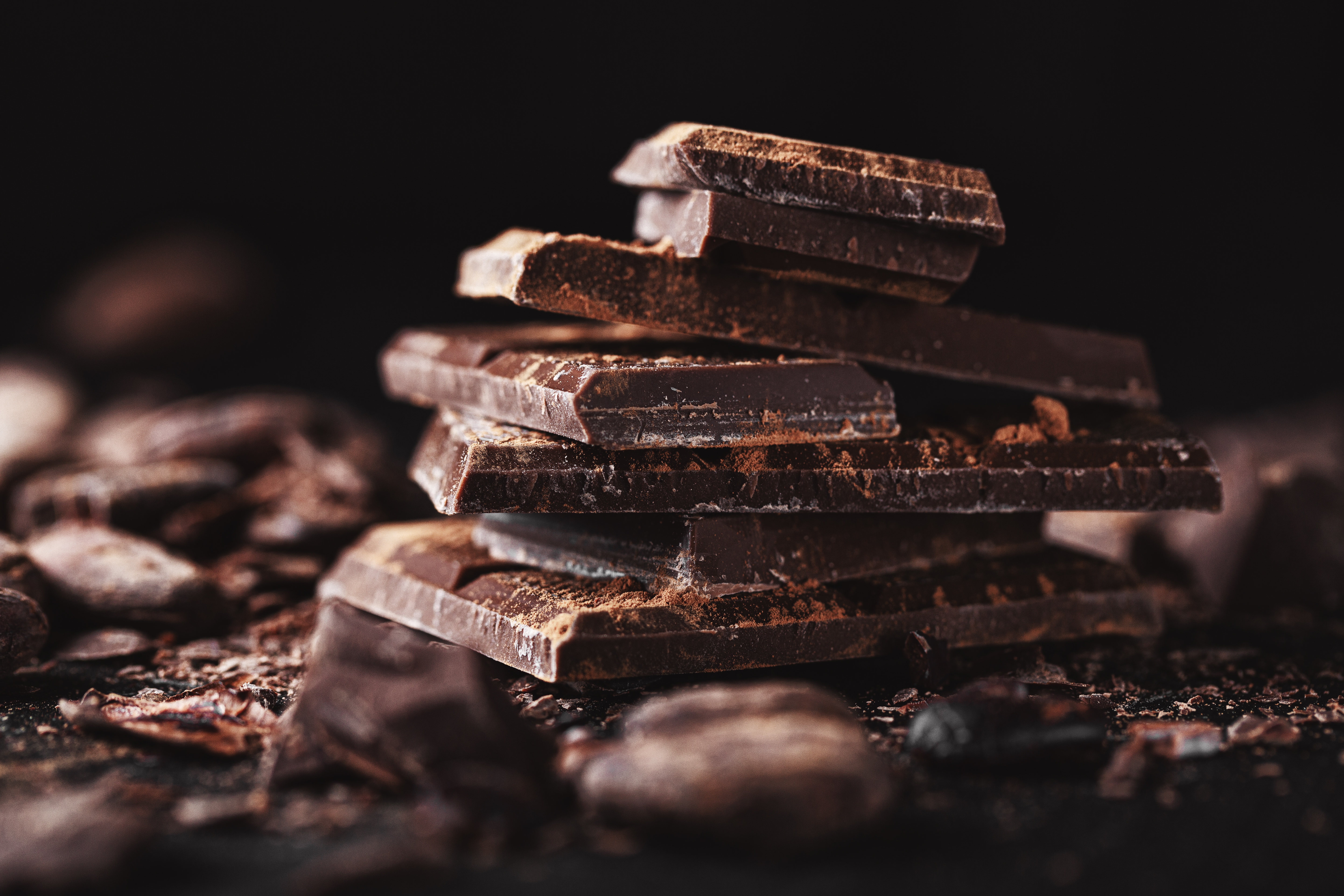
Dark chocolate is a delicious and indulgent way to boost your energy levels. Rich in antioxidants, particularly flavonoids, dark chocolate supports heart health and enhances blood flow, improving oxygen delivery to the brain and muscles. It also contains caffeine and theobromine, natural stimulants that provide a mild energy boost without the jitters associated with coffee. Dark chocolate is a good source of magnesium, which supports muscle function and energy metabolism. Enjoying a small piece of dark chocolate as a treat can satisfy your sweet tooth while providing a natural energy lift.
14. Whole Eggs: Nature's Nutrient-Dense Fuel Cell
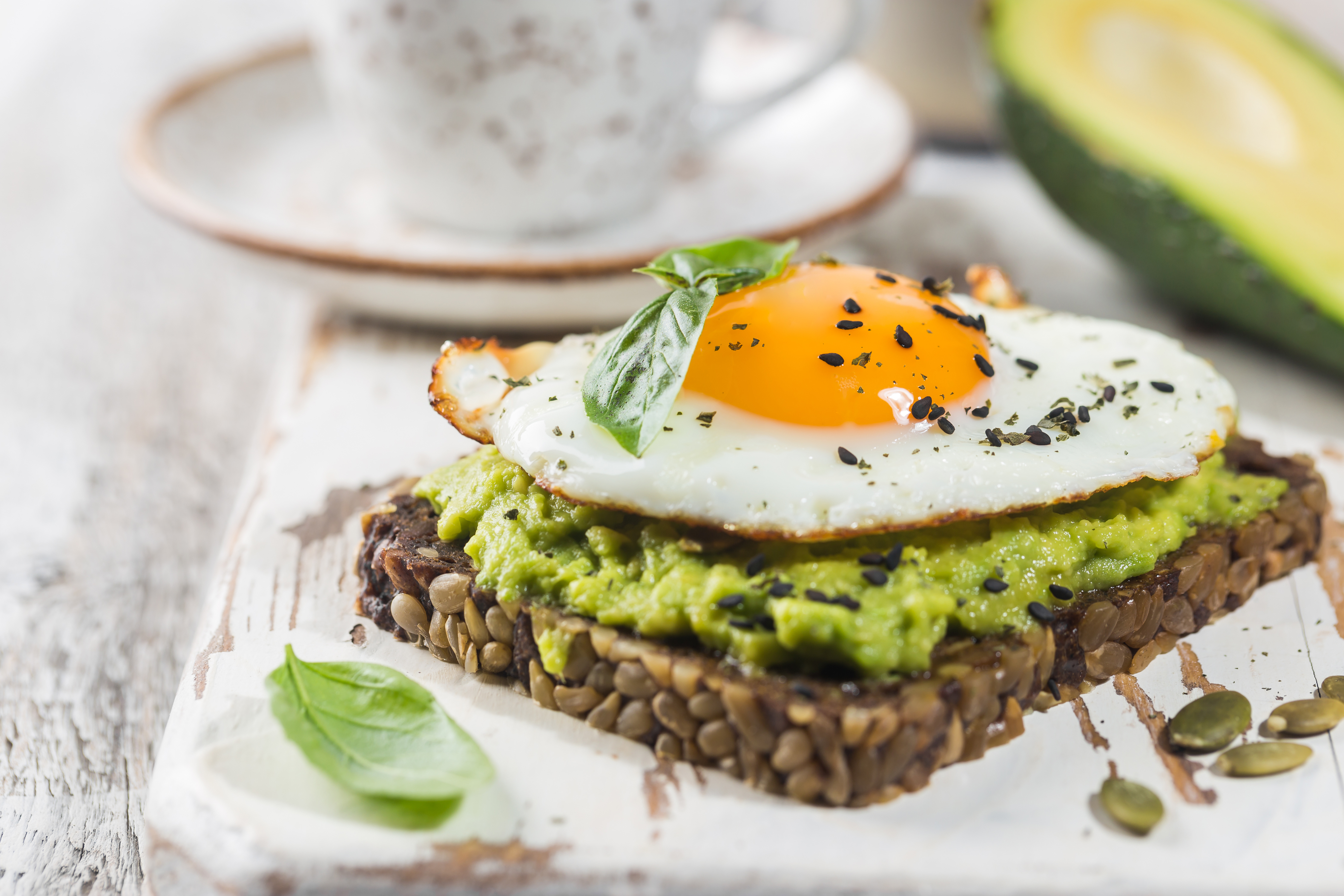
Often unfairly demonized in the past, whole eggs are actually an energy-boosting superstar. They provide high-quality protein for sustained satiety and muscle maintenance, alongside healthy fats that offer long-lasting fuel. Crucially, eggs are packed with B vitamins (like B12 and riboflavin), which are essential for converting the food you eat into usable energy. They also contain choline, vital for brain health and neurotransmitter function, helping maintain mental clarity. Whether boiled, scrambled, or poached, starting your day or snacking on eggs provides a complete, nutrient-dense package for steady physical and mental energy.
15. Beets: The Natural Nitrate Boost

Beets are nature’s performance enhancers. Rich in dietary nitrates, they help dilate blood vessels, improving oxygen flow and endurance—making them a favorite among athletes. This boost in circulation supports both brain and muscle function, translating to better stamina and focus. Beets also contain fiber, iron, and folate, supporting steady energy and cellular health. Roasted, juiced, or grated into salads, they’re surprisingly versatile. And thanks to their earthy sweetness, they also help curb sugar cravings. For a natural, caffeine-free way to boost physical performance and beat fatigue, beets are a vibrant, energizing addition to your plate.
16. Edamame: The Protein-Rich Pod Snack
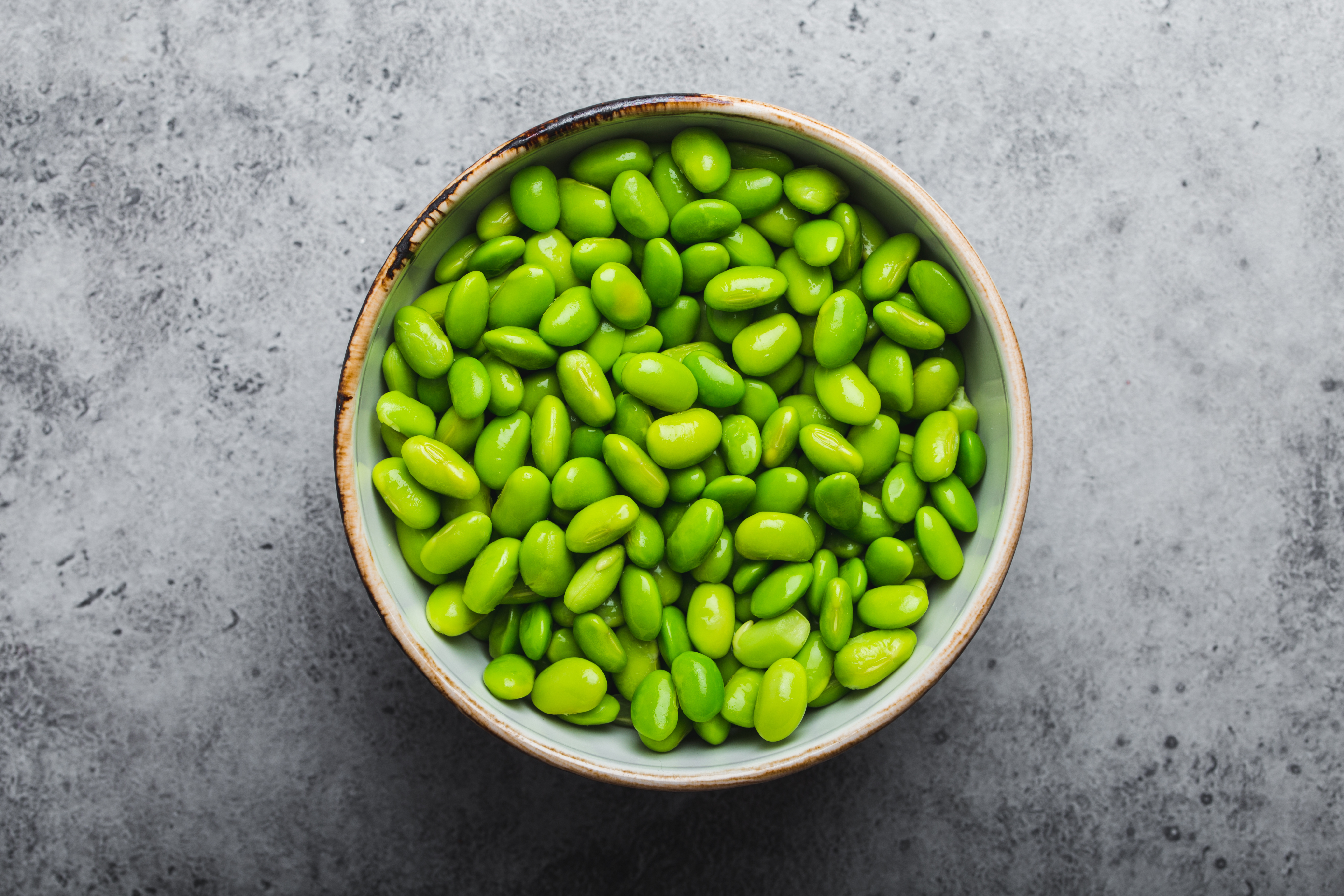
Edamame—young soybeans—are a powerhouse of plant-based protein, complex carbs, and fiber, making them a perfect snack for sustained energy. Unlike many energy snacks that spike blood sugar, edamame digests slowly, keeping you full and energized longer. They’re also packed with iron and magnesium—two minerals crucial for fighting fatigue and maintaining metabolic balance. A bonus? Edamame contains folate and vitamin K, supporting brain health and cell repair. Steam them with a sprinkle of sea salt or toss into salads or stir-fries for a satisfying, energizing bite that keeps sluggishness at bay.
17. Pumpkin Seeds: Small But Mighty
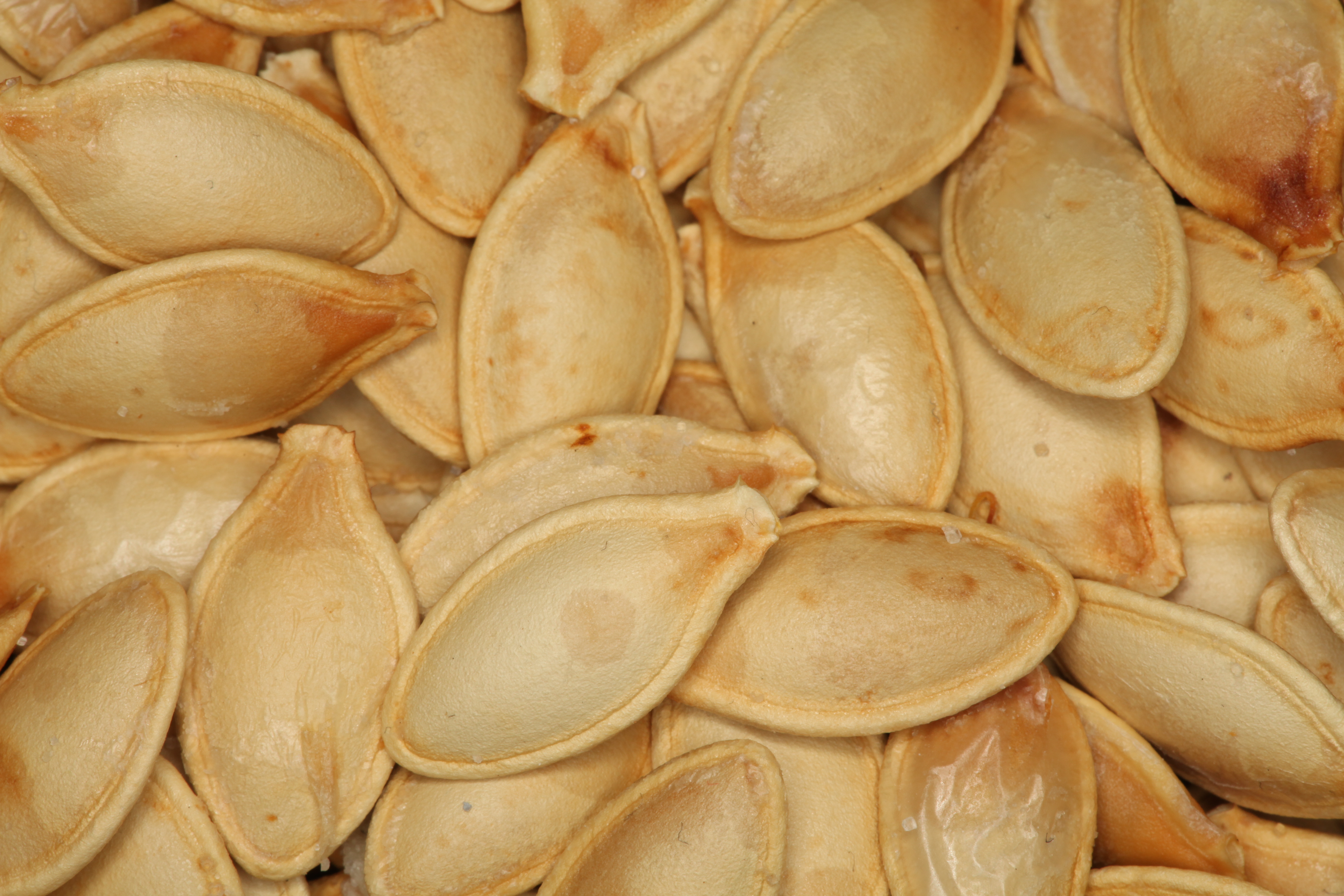
Pumpkin seeds (also known as pepitas) are tiny nutritional powerhouses. Loaded with magnesium, zinc, iron, and plant-based protein, they support everything from red blood cell production to energy metabolism and immune strength. They’re also rich in healthy fats, offering long-lasting fuel without the crash. Pumpkin seeds are especially valuable for those feeling mentally foggy—thanks to their tryptophan content, which helps with mood and sleep regulation. Sprinkle them over salads, blend into smoothies, or enjoy them roasted as a crunchy snack. Their mix of macro- and micronutrients makes them an excellent all-day energy ally.
18. Sardines: The Brain-Boosting Powerhouse
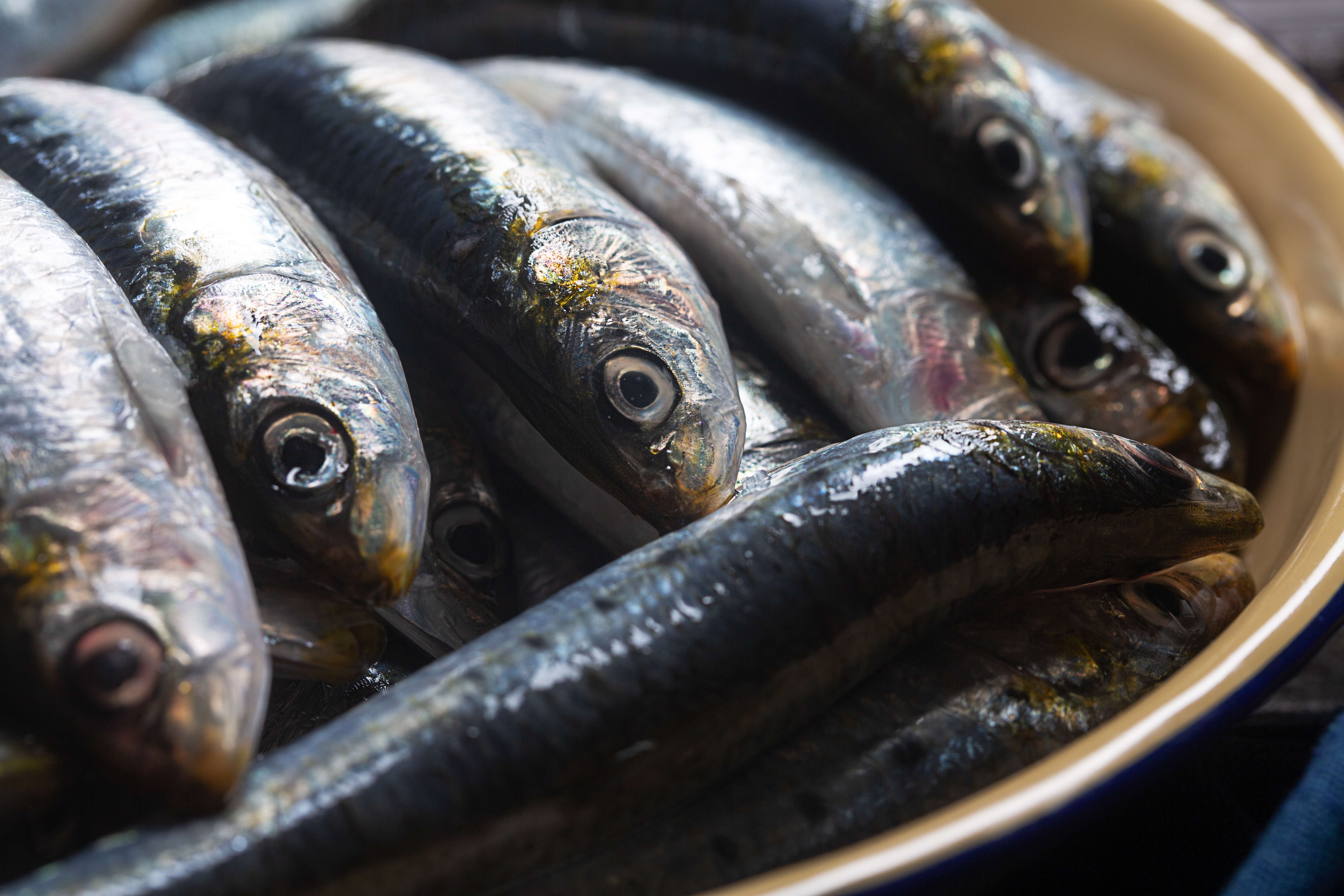
Sardines may be small, but they’re packed with omega-3 fatty acids, protein, and vitamin B12—all essential for brain function and energy production. Omega-3s reduce inflammation and improve cognitive clarity, while B12 helps convert food into usable energy and supports nerve health. Sardines are also rich in iron and selenium, making them a one-stop shop for micronutrients that keep fatigue at bay. Canned sardines are convenient and sustainable, pairing well with salads, toast, or crackers. If you're looking for a quick, energy-dense meal that supports both body and mind, don’t underestimate these little fish.
19. Oranges: The Vitamin C Charge-Up
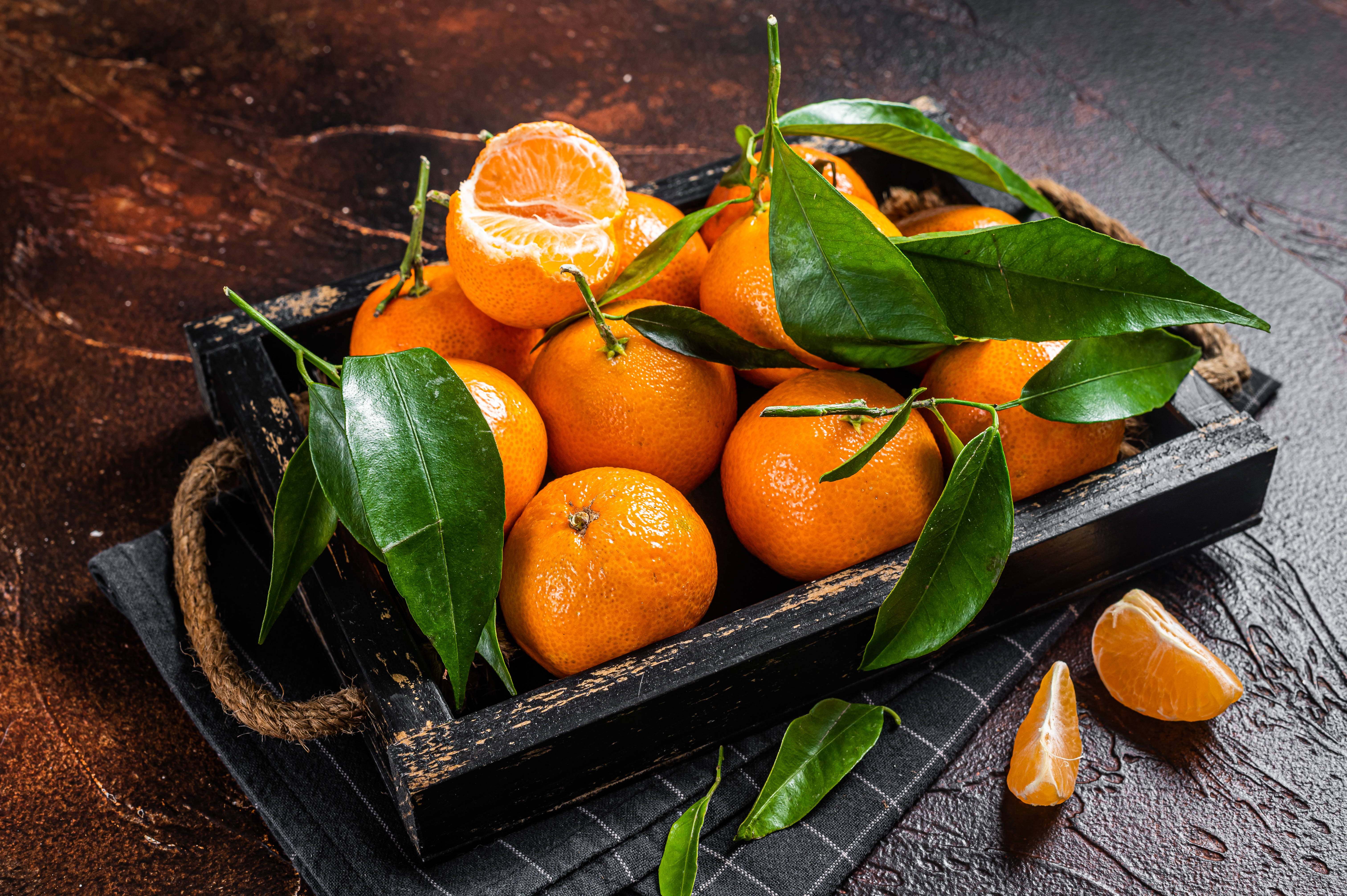
Oranges offer more than a refreshing burst of citrus—they’re an excellent source of vitamin C, natural sugars, and hydration. Vitamin C doesn’t directly provide energy, but it enhances iron absorption, supports immune health, and helps reduce oxidative stress, all of which contribute to better energy levels. Their natural fructose content offers a gentle lift without the crash of refined sugar. Oranges also contain thiamine (vitamin B1), which helps convert carbohydrates into fuel. Snack on them alone or pair with a handful of nuts for a balanced energy boost that’s juicy, uplifting, and delicious.
20. Seaweed: The Iodine-Infused Superfood
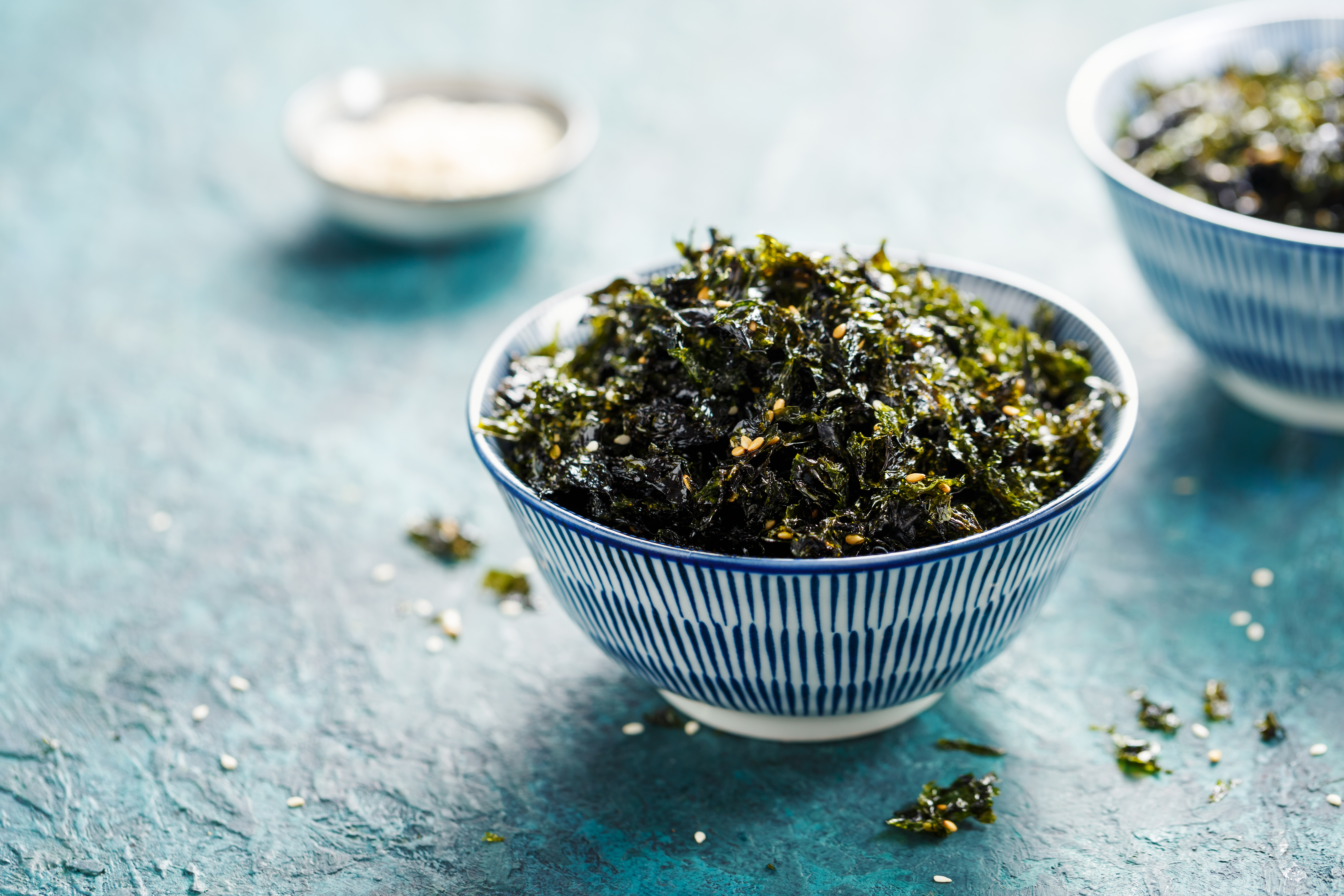
Seaweed is an underrated energy enhancer, particularly for those with low thyroid function. It’s rich in iodine, a mineral essential for producing thyroid hormones, which regulate energy levels and metabolism. It also delivers iron, magnesium, and antioxidants, all of which help combat fatigue and support overall vitality. Seaweed’s umami flavor makes it a fun addition to rice bowls, soups, or snacks like roasted nori sheets. For people looking for a non-caffeinated, mineral-rich boost—especially in plant-based diets—seaweed is a deeply nourishing and sustainable option.
21. Greek Feta + Watermelon: The Sweet-Salty Rehydrator
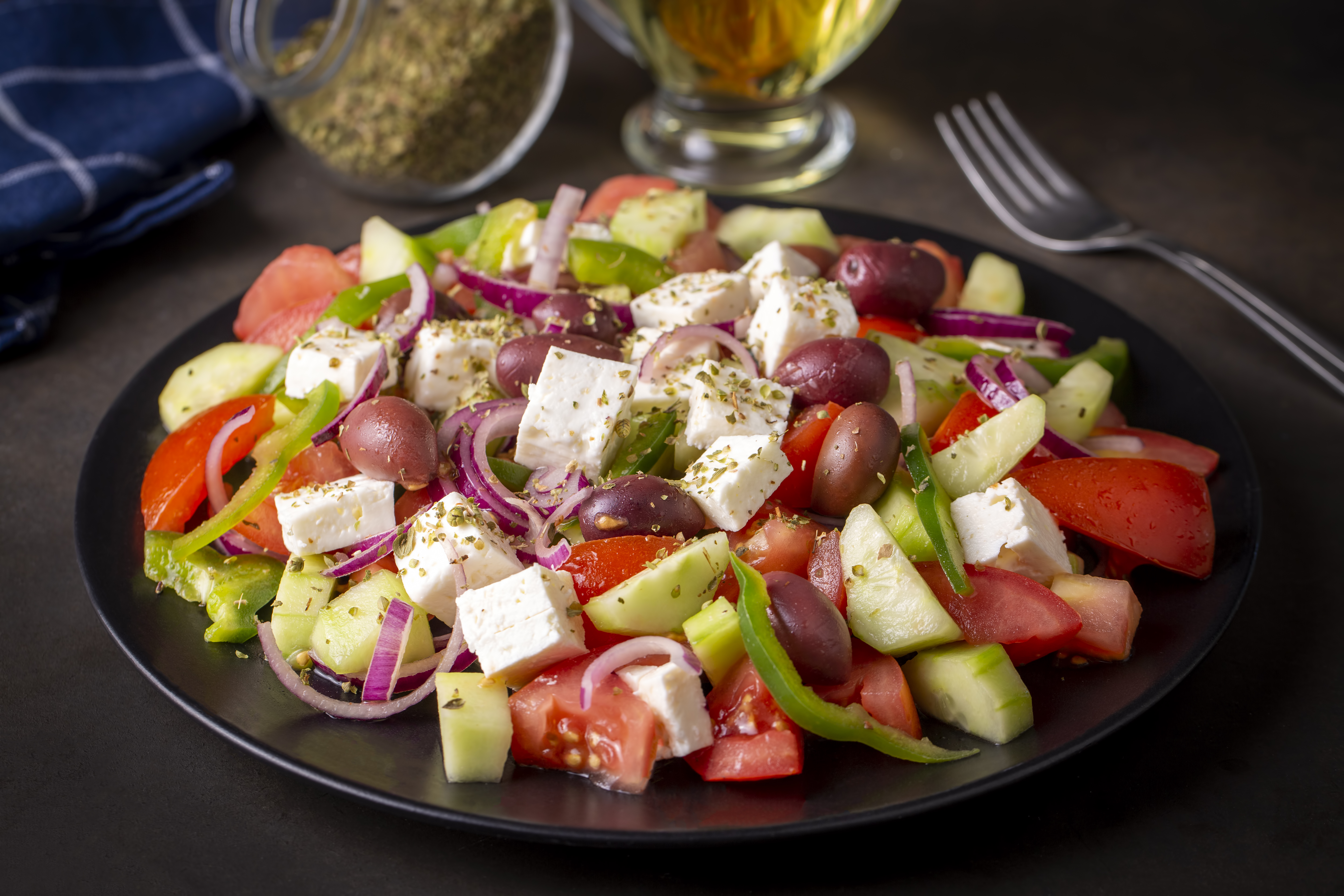
It may sound unconventional, but watermelon and feta together make a powerful post-workout snack. Watermelon provides natural sugars, hydration, and amino acids like L-citrulline, which help reduce muscle soreness and boost blood flow. Feta adds protein, calcium, and a hit of sodium that helps with electrolyte balance. Together, they deliver fast, clean energy—plus hydration—without the crash. This combo is ideal after physical exertion or during hot weather, giving you a refreshing lift that recharges both body and brain. Sweet, salty, and smart, it’s summer energy in a bowl.
22. Maca Root: The Ancient Energy Tonic
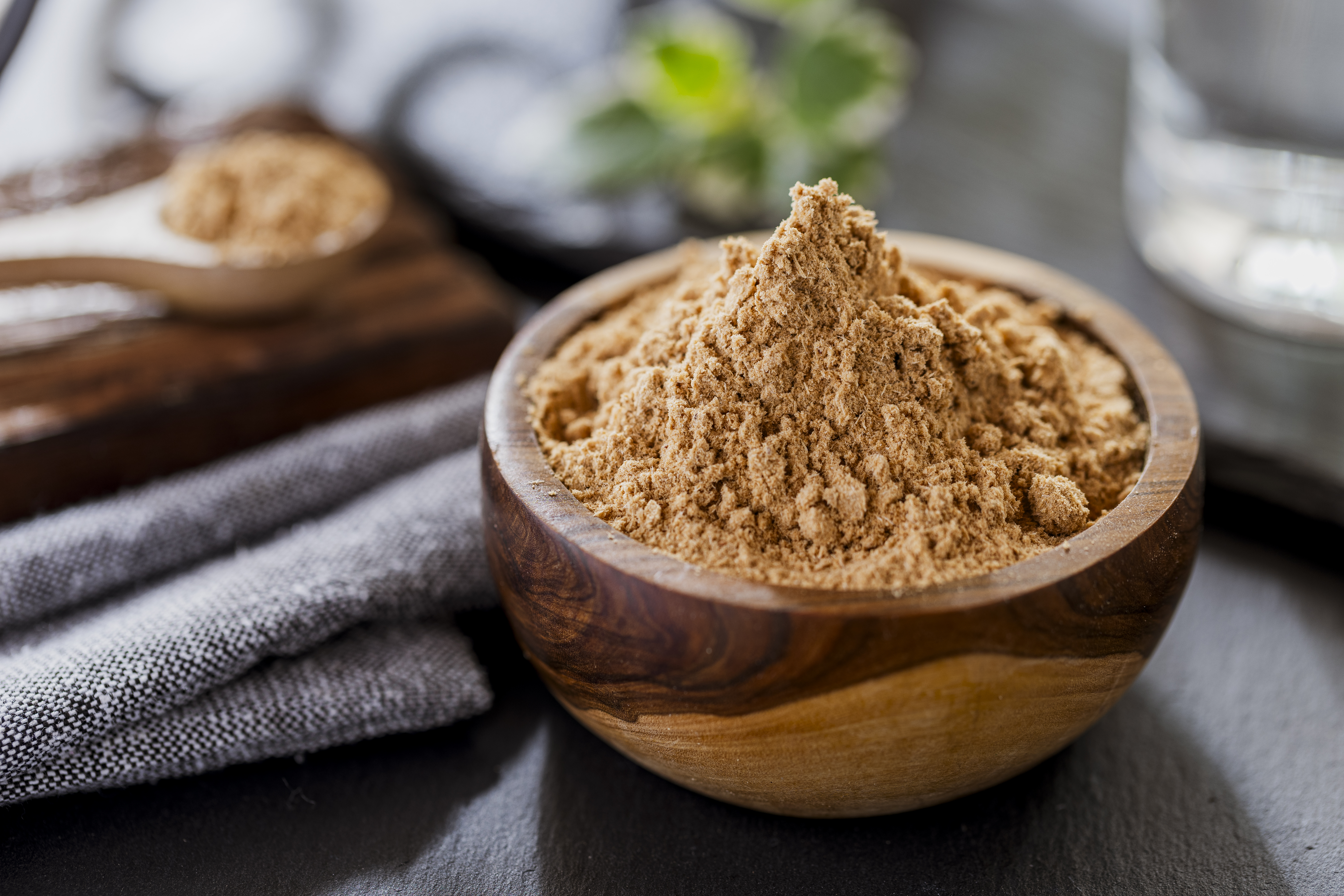
Maca root, a Peruvian superfood, has been used for centuries to enhance stamina and vitality. Rich in iron, iodine, and adaptogenic compounds, maca helps balance hormones and support the adrenal system—key players in how we produce and regulate energy. It may also improve focus, reduce fatigue, and support mood stability. Maca powder has a malty, nutty flavor that blends well into smoothies, oatmeal, or coffee alternatives. Unlike stimulants, maca builds energy gently over time, making it ideal for people seeking more balance and less burnout.
23. Tahini: The Creamy Energy Spread
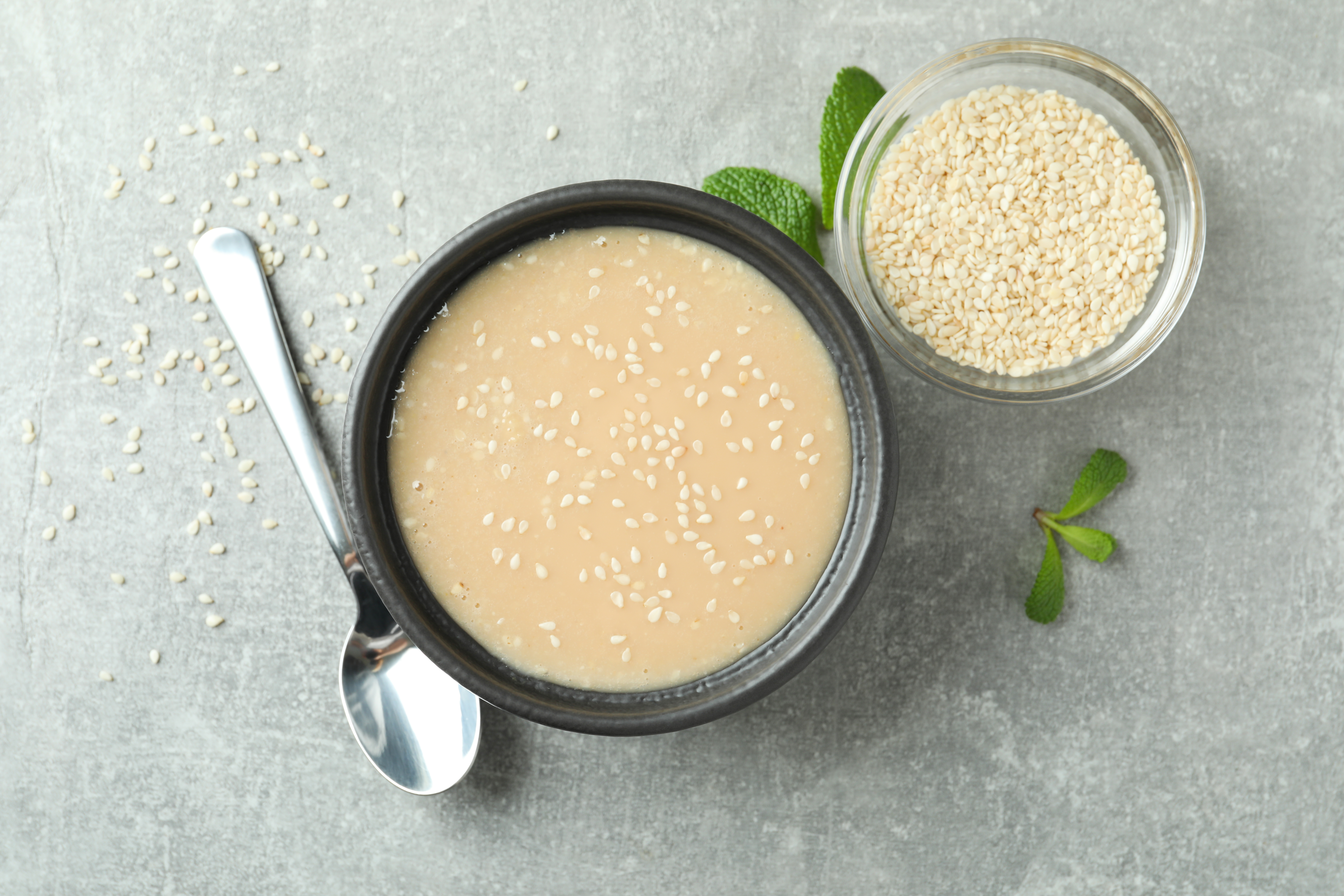
Made from ground sesame seeds, tahini is an energy-dense spread packed with healthy fats, protein, and essential minerals like calcium, magnesium, and iron. These nutrients support everything from bone strength to blood flow and cellular energy production. Its creamy texture and savory flavor make it perfect for both sweet and savory dishes—drizzle it over roasted vegetables, mix it into dressings, or spread on toast. Because tahini contains no added sugars and digests slowly, it offers a steady energy release without spiking blood sugar levels. It’s a great plant-based option for sustained power throughout the day.
24. Cottage Cheese: The Slow-Release Protein Fix
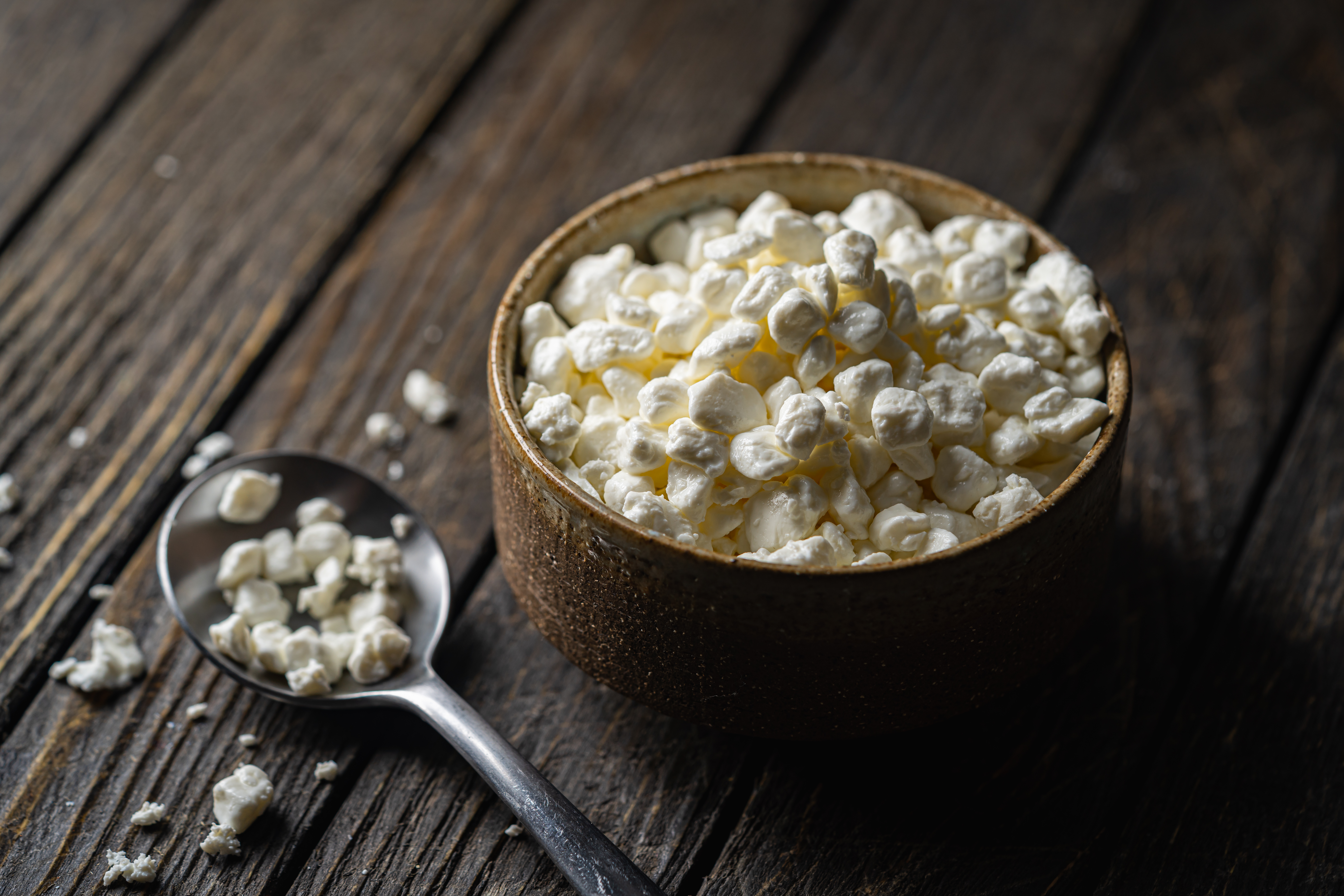
Cottage cheese is a high-protein food rich in casein, a slow-digesting protein that provides sustained energy over time. It also contains B vitamins like riboflavin and B12, which play a direct role in converting food into energy. With its mix of protein, healthy fats, and very low sugar, cottage cheese is ideal for balancing blood sugar and avoiding the peaks and crashes of carb-heavy snacks. It also provides calcium and phosphorus, both vital for muscle contraction and energy metabolism. Add fruit, nuts, or spices for a versatile, energizing snack or meal addition.
In a culture that glorifies caffeine-fueled hustle, it’s easy to forget that true energy doesn’t come from a cup—it comes from what we feed our bodies daily. While coffee may offer a quick jolt, the inevitable crash leaves us chasing another hit. These 24 nutrient-dense foods, however, offer something deeper: sustained vitality, mental clarity, and metabolic balance. They fuel your cells, support your brain, and nourish your muscles—with no jitters, no dependency. From the iron in spinach to the slow-release carbs in oats, each bite becomes an act of energy investment. And the best part? These foods don’t just power your day—they support long-term wellness too. So next time you reach for a refill, pause. Ask your body what it really needs. The answer might not be in your mug—but in your pantry. Energy isn’t something you borrow. It’s something you build. One nutrient-dense bite at a time.
